
Simple steps in everyday routine can really make a difference, and, it is particularly true when it comes to good oral health. Brushing and flossing every day and having regular check-ups at the dentist’s office can prevent significant problems later on.
Infants and children
Babies have an almost complete set of teeth at birth. At first they are hidden in the gums and when they grow, they play an important role as they enable the child to chew solid food, talk properly and smile. Just because they will fall out before the child turn seven, it does not mean they should not be neglected. Child must learn at young age to brush teeth properly, but at first it will need parents’ assistance.
When the first teeth appear, the gums are still gentle so it is not recommended to use toothbrush just yet. Teeth should be gently cleaned with a wet washcloth. Toothpaste is not suitable for children under the age of two.
Babies should not go to sleep with a bottle because residues of milk and juice can cause cavities, sometimes referred to as “baby-bottle tooth decay”.
Sugary snacks and chewy, sticky candies are not recommended for children or for adults, because they cause tooth decay.
Teenagers
Bright, clean smile and fresh breath are very important for teens, who can become insecure or self-conscious if they feel unattractive. Proper oral hygiene can be achieved by brushing the teeth at least twice a day with fluoride toothpaste. Mouthwash will keep the bacteria in the mouth in check and assure fresh breath. Flossing should be done at least once a day.
Teenagers should not smoke, because tobacco stains the teeth and causes bad breath.
If playing contact sports, teenagers should wear protective gear.
Even if there are no problems with teeth, like toothache or bleeding gums, teenagers should see a dentist once a year. Adults
Even with good oral hygiene, teeth can become damaged over years, so it is important to continue taking good care of them. Teeth should be brushed twice a day or more, using fluoride toothpaste, for at least two minutes. Flossing is very important as it prevents plaque build-up and gum disease.
Some medicines, for example those which cause dry mouth, may lead to teeth problems, so it is important to know about their side effects and consult a doctor about how to prevent it.
Everyone, young and old, should avoid sugary and starchy foods that cause tooth decay and brush after eating them.
Except when chewing, teeth should be kept apart. If a person notices that he or she is unconsciously clenching or grinding the teeth, he or she should consult a doctor because there are night guards and splints that prevent damage to the teeth.


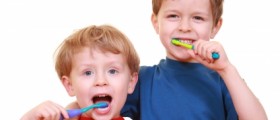

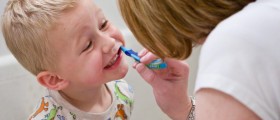
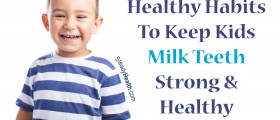
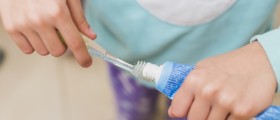
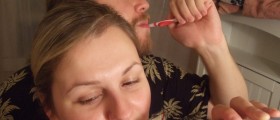


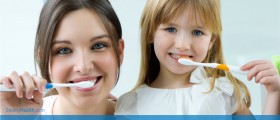
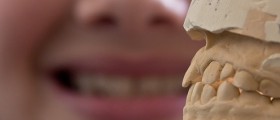
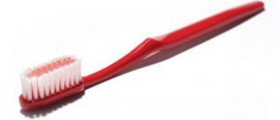

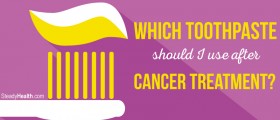
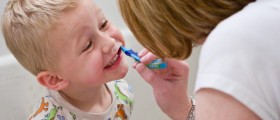

Your thoughts on this
Loading...